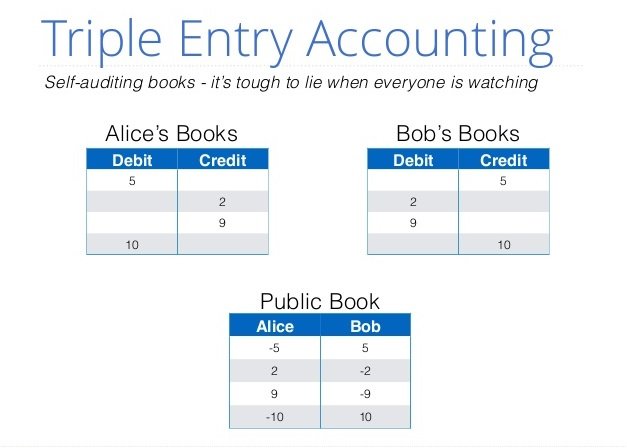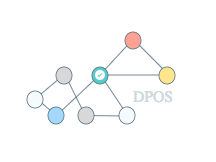Hi there, World of Steem,
it was pointed out by @dantheman that the Identity sometimes known as Iang was opaque and mysterious to the Steemisters. Yes, and Iang likes it that way! But only a little googling will reveal a dark past so let me save some picowatts for your fingers and google.
I entered the financial cryptography space around 1995 when joining up with Gary in Amsterdam. We were on one side of town developing the first cryptographically secured all-asset trading system, which could be called the Bitshares of 1990s, while over on the other side of town was DigiCash, the legend that developed the first eCash. Which we could call the Bitcoin of the 1990s. And heady days they were, ones where we thought we were about to change the planet. DigiCash in Amsterdam, the Cypherpunks in San Francisco, conferences in the Caribbean & Boston, 100x improvements ... we were at the cusp of an economic and political rebellion not seen since the mid 1800s, the ripples of which are still widening today.
It's probably fair to say that everything you think of today was conceptually invented in those times: shared ledgers, triple entry, proof of work, smart contracts, social reputation systems... all had their airing in the 1990s. Yet we were all independently "too early" which is basically a poor excuse for not quite cracking the problem.

Around the early 2000s, I spent a lot of time doing good things and bad things with e-gold, which is one of the heavily influential milestones - what DigiCash promised was earliest seen with e-gold and a plain old SSL website (POSW?). My company put together a digitally traded precious metals exchange that returned your gold or silver within a minute of trade - settled. It wasn't to end well, though as somewhere around the mid 2000s, there were a series of court cases, arbitrations (ouch! bad!), seizures and shutdowns. A lot of the e-gold was never returned to rightful owners (at about an 85% rate according to one recent account).
Similar shutdowns happened to many systems - some good, some shady and some downright evil. I mention these events for two reasons. Firstly, in 2008, Satoshi Nakamoto announced a system of money that could not be shutdown, and the relationship to systems shut down and the money lost through those shutdowns by rightful owners was as clear as a bell. Secondly, a lot of the experiences of the new blockchain community were already writ in history, yet the Bitcoin community took great pride and joy in re-learning the harsh lessons all over again. Mt.Gox, Bitfinex, SilkRoad, The DAO you name it, we've seen some variant of it before.
Now, while seemingly y'all were having fun with Bitcoin, I was shifting sideways into Identity. By ways of CAcert's worldwide community of trustworthy assurers and our arbitration network, we discovered how to create the first worldwide community of trust over the net. And, with a stint in Kenya working on a startup, they taught us how to create financial trust. All of which was enough to bring me to start publishing an opus magum on Identity, to record at least my journey, but also to explain the model of Identity that works.
Such digression is all in the past now, and I'm back into core financial cryptography. First with a stint with R3 - the financial consortium that rewrote the rules of contracting within the regulated environment with Corda. And now I'm back in the user side to work with small businesses and individuals again through the soon-to-be-revealed EOS project. We're hoping to again rewrite the rules on contracting - this time with blockchain mediating huge numbers of transactions and meaningful and beneficial agreements for ordinary, scalable business.

Which has brought me to look at Steem - is this the only blockchain that delivers a non-chainy application to ordinary users? And also Bitshares which causes such echoes in my mind that only those who saw the halcyon cypherpunk dayz would understand.
These rumours and rhythms you've seen only in passing, as there have been only a few posts I've made that point in directions. In short, I believe that the path to beneficial relationships starts with good governance, on which tech is built. If you agree that governance is the foundation of good relationships, then watch this space!

